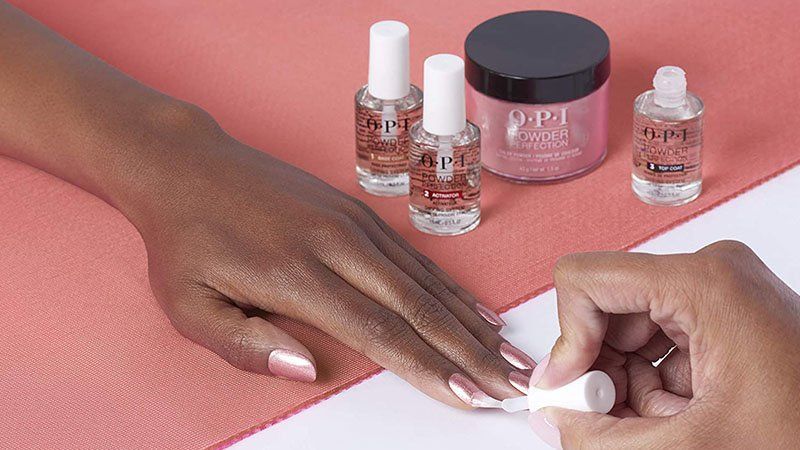If you are a professional manicurist working in a salon or an artistic manicure lover who prefers to do the nails at home, there are some uniform skills that every person who comes into contact with different polishes must possess. One of the facets of beauty that you need to be acquainted with is the art of storing dip powder liquids to prevent them from spoiling. Just like the recommendations for storing drugs are highlighted on the container, most of the dip powder liquid containers come with the storage instructions. Failure to adhere to the provided storage guidelines results in faster spoiling even before you can enjoy the value for your money, which implies that you will be forced to dig deeper into your pocket to purchase a new kit. It does not matter the type of dip powder polish that you are using, but you will require a liquid bond which, when spoilt, results to weird looking SNS, DND, Kiara Sky, or Nugenesis dip powder nails. Is that what you want? Wastage is costly, but it can be easily be avoided by following simple storage steps.

Avoid Introducing Dip Powder into the Resin Bottle
The most significant disadvantage of using dip powder manicure is dealing with the brush used in applying essential liquids that facilitate adherence of the powder on the nails. The liquids are known as resins, but they are usually labeled as finishing gel, topcoat, or base gel by different brands. In terms of their chemical composition and the ingredients used in their manufacture, the liquids are similar to glue.
Consequently, they tend to dry up quickly when their containers are left uncovered. Due to their high sensitivity, they can also dry out after introducing foreign products into them. Therefore, users need to be highly meticulous when using these resins. Otherwise, they may not work correctly, which reduces the powder’s adherence to the nails, hence decreasing the resultant manicure’s lifespan. When enough care is not ensured while dealing with dip resins, they may glue the whole bottle, prevent access to the inside, the brush hardens, or the liquid tuns sticky and thick.
Be Careful With the Resin Brush
As you might have heard your friends say, you get your DND, SNS, or Nugenesis nails from acrylic powder. Once the powder sticks on the brush, which is then introduced into the resin, the usual hardening process occurs the same way; it takes place on the nails. Therefore, ensure that the powder and the resin only meet on the nails rather than in the bottle. To avoid this, check that the resin brush you use does not get into contact with powder by dusting the nails whenever you dip them. A cosmetic brush or fluffy nail brush comes in handy at such a point.
Moreover, when your manicure is complete, use the brush cleaner provided in most dip kits. You can also be thorough by immersing the brush into the cleaner when done with each hand. Once you polish both the hands, you can leave the brush dipped in the cleaner overnight. However, this is not necessary for all the brands because some are less sensitive compared to others.
Apply Petroleum Jelly on the Jar Threads
The dip resins also tend to glue shut the bottle creating the need to come up with a trick to prevent it. Before the resin is used for the first time, it is necessary to apply petroleum jelly on the jar threads utilizing a lint-free wipe or a gloved hand. Proceed to close and reopen the jar. Close it again to ensure that there is even distribution of the petroleum jelly inside the lid and the jar threads. This way, the buildup of the resin on the rim is prevented. The buildup is the main reason why the bottle is glued shut.
Close the Jar Tightly
It is also critical to observe the way you close your jar. Ensure that the lid goes all the way to the last thread while ensuring that you do not make the top too tight to make the next reopening impossible while still ensuring that the bottle is closed correctly. It prevents resin leakage or the material on the rim from drying out. Any resin on the rim is not exposed to the air, preventing it from drying out.
Conclusion
A bond or topcoat is required whenever dip powder is used. However, if you often interact with dip powder liquids, it is vital to be more careful to prevent spoiling. Make sure that you do not introduce foreign materials such as dip powder into the resin bottle. Be careful with the resin application brush, and, if possible, clean it using brush cleaner. Dust your nails whenever you dip them into the powder. Apply petroleum jelly on the jar threads and make sure that you properly close the jar when you are done using the resin.